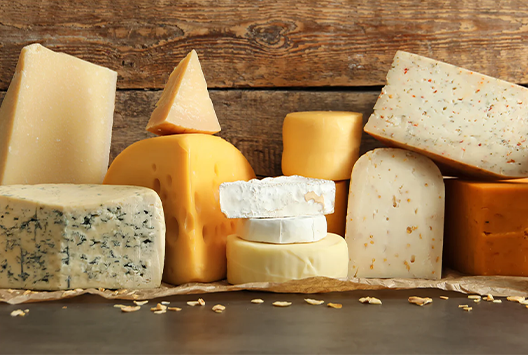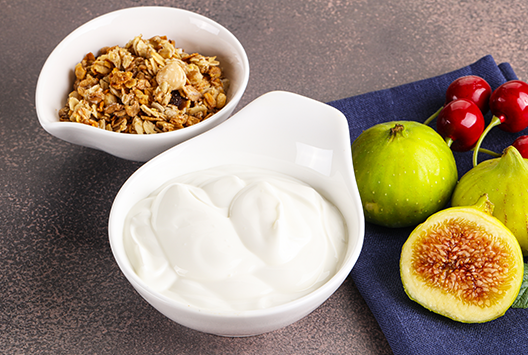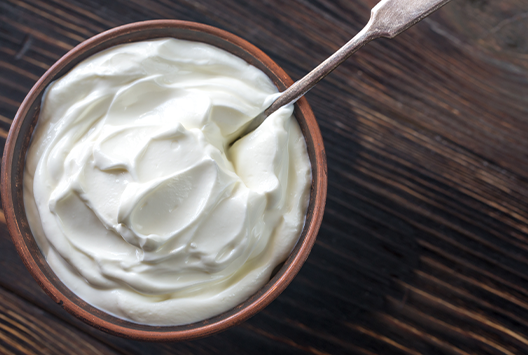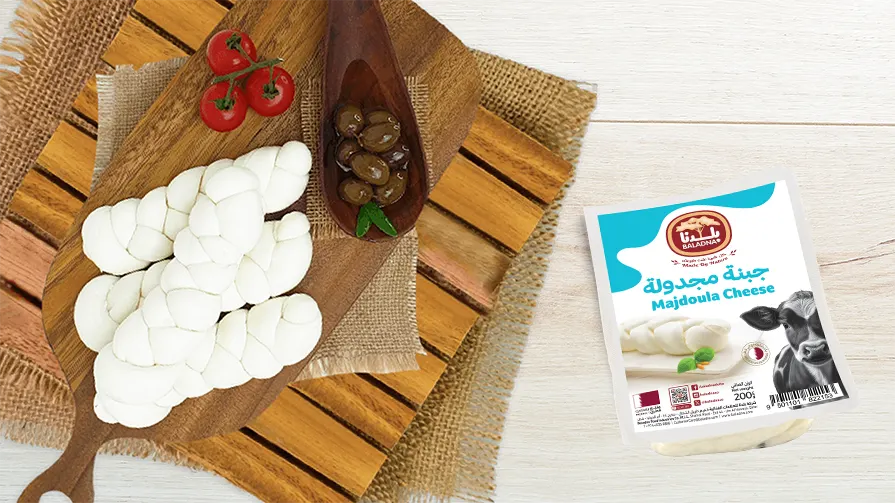
5 Different Types of Cheese That You Need to Know About
Similar
The world of cheese is a delightful one filled with so many different kinds! Each type has its own flavor, texture, and uses. There is a whole world of cheese to explore and we’ve put together a list of five awesome types you just have to try.
Are you ready for some cheesy goodness?
1. Cheddar Cheese
From grilled cheese sandwiches to macaroni and cheese, cheddar cheese is a versatile cheese that can be used in a variety of dishes. Cheddar cheese has a sharp, tangy flavor that is perfect for those who like a little bit of a bite in their cheese.
Cheddar cheese is made from cow's milk and is one of the most popular cheeses in the world. Cheddar cheese is named after the village of Cheddar in Somerset, England, where it was first made. Cheddar cheese is a hard cheese and has a natural yellowish color. Cheddar cheese is usually aged for two to five years; the longer it is aged, the sharper its flavor.
2. Swiss Cheese
When it comes to cheese, there are so many different types to choose from. But, one cheese that always stands out is Swiss cheese. Swiss cheese is a mild, white cheese that is often used in quesadillas, paninis, and grilled cheese sandwiches. Swiss cheese has a nutty flavor that pairs well with other ingredients.
If you're looking for a cheese that will give your dish a little extra flavor, then Swiss cheese is a great option. So, the next time you're at the grocery store, be sure to pick up some Swiss cheese!
3. Mozzarella Cheese
Mozzarella cheese is a soft and milky-white delight that brings extra goey goodness to your pizzas and lasagnas. Mozzarella cheese has a mild flavor that makes it a versatile cheese for many different dishes. You could also opt for fresh mozzarella to create an out-of-this-world Caprese salad bursting with flavors.
4. Parmesan Cheese
Parmesan cheese is a hard, yellow cheese that is often used in spaghetti and other Italian dishes. Parmesan cheese has a strong, salty flavor that can really enhance the flavor of a dish. If you're looking to add a little extra flavor to your next Italian meal, consider using Parmesan cheese. This cheese can really elevate the flavor of your dish, and it's easy to find at most grocery stores.
5. Feta Cheese
Feta cheese is a soft, white cheese that has a strong, salty flavor. It is a Greek cheese that is made from sheep’s milk. It is often used in Greek salads and on pizzas. It is also a great addition to your savory pastries.
It’s cheesy goodness everywhere
With the knowledge of these five types of cheese, you are sure to find the perfect cheese for any recipe or occasion. Feel free to refer back to this article if you need a quick refresher on the different types of cheese out there.
If you’re looking for high-quality cheese, we here at Baladna have got you covered. To ensure consumers’ wellness, we provide natural and nutritious foods and beverages, while maintaining the most rigorous food safety and biosecurity protocols. For more information on our products, visit our website today!



